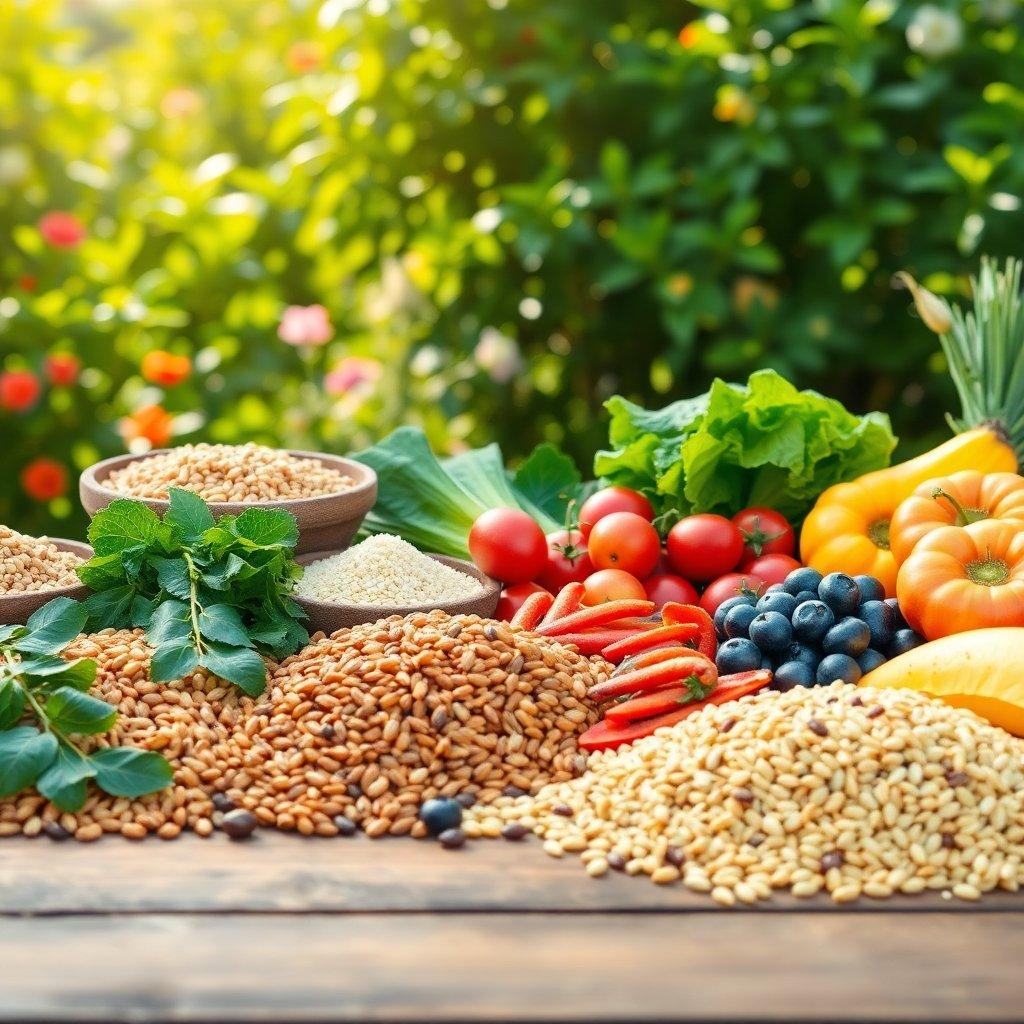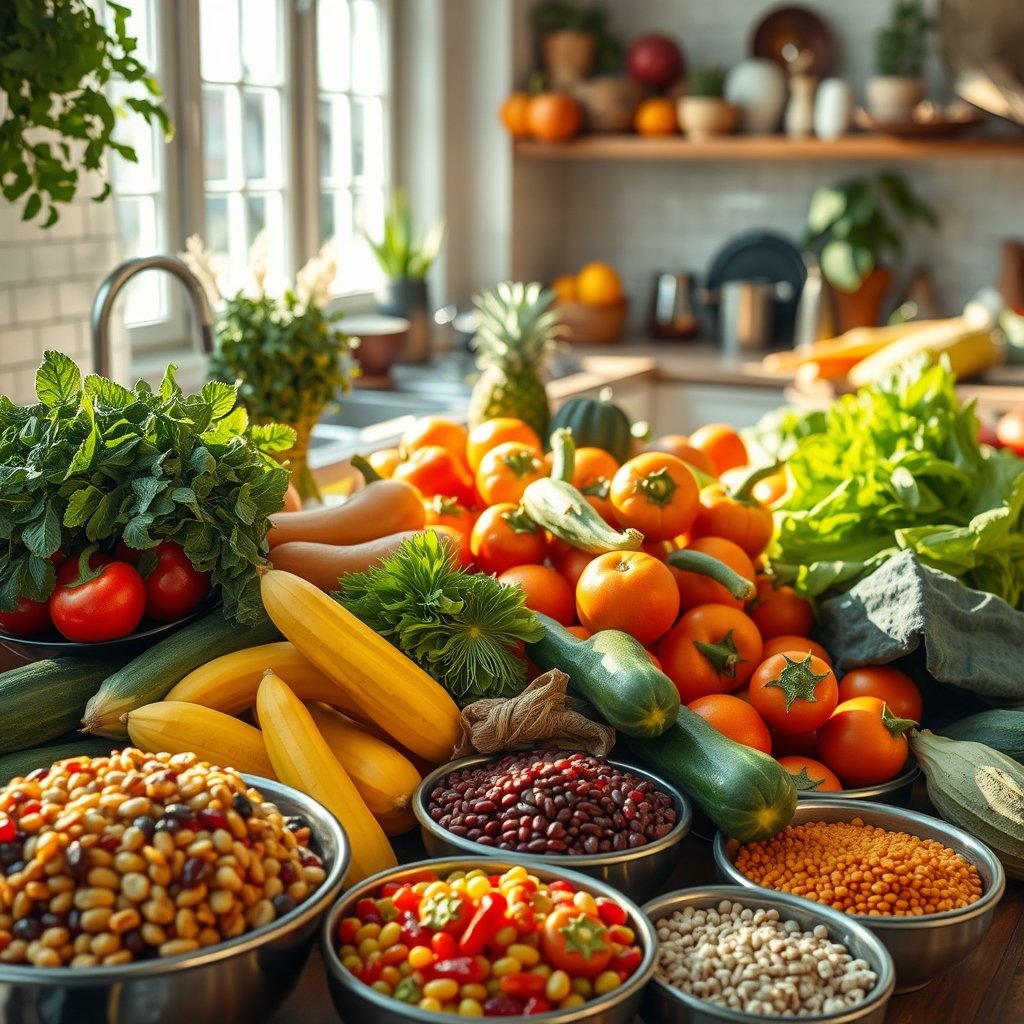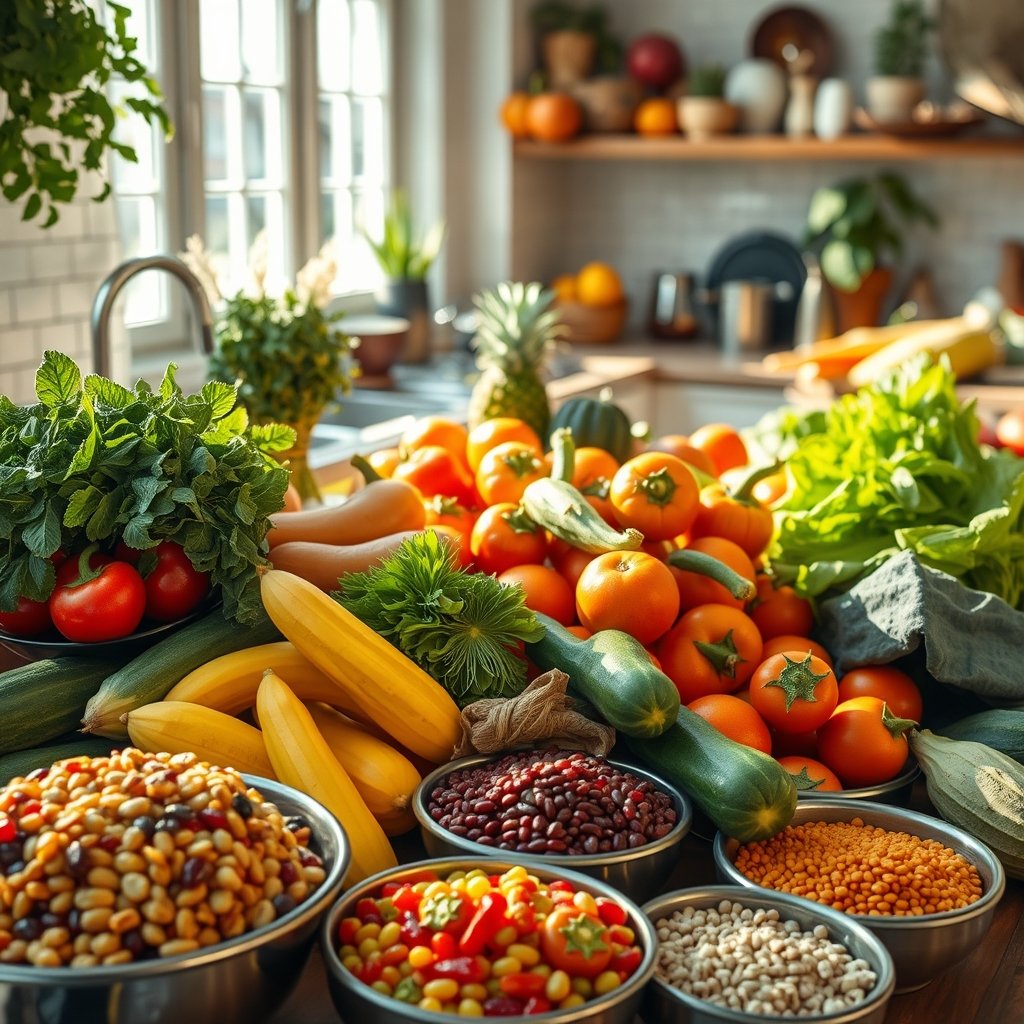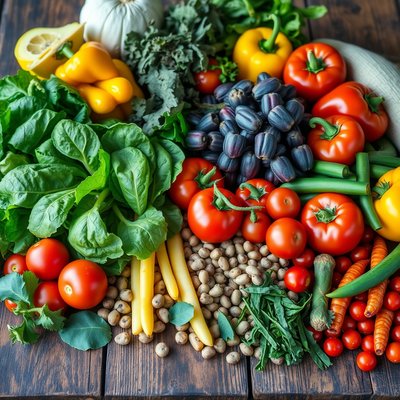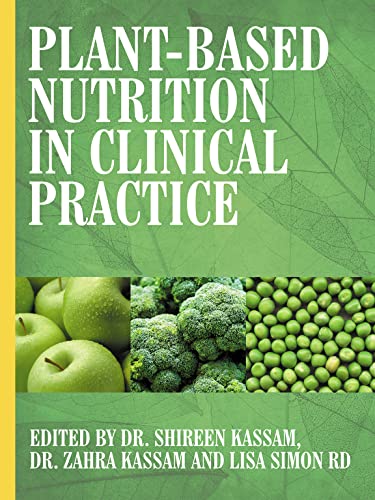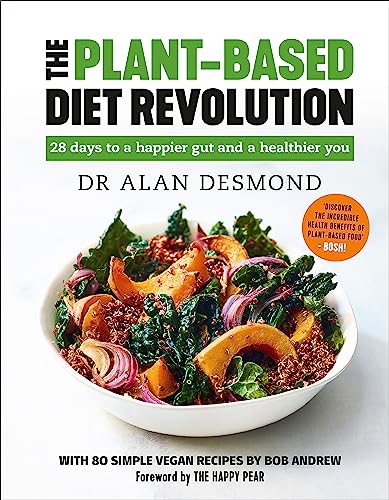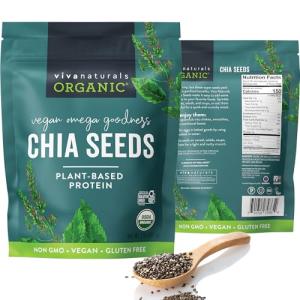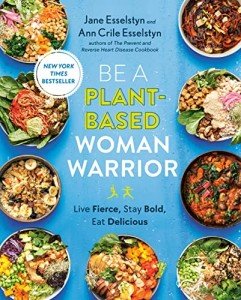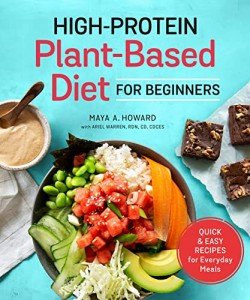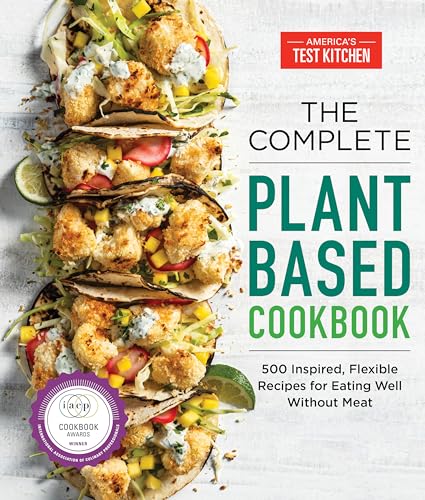An Introduction to the Plant Based Diet
A plant-based diet is a dietary approach centered around consuming mostly foods derived from plants, such as fruits, vegetables, legumes, whole grains, nuts, and seeds. While it does not necessarily exclude animal products entirely, the primary focus is on plant-based foods and minimizing the consumption of animal-based foods.
Plant-based diets are known for their many potential health benefits.
They are typically rich in vitamins, minerals, antioxidants, and dietary fibers, while being naturally low in saturated fats and cholesterol. Numerous scientific studies have linked a plant-based eating pattern to a reduced risk of developing chronic diseases such as heart disease, obesity, type 2 diabetes, and certain types of cancer.
Adopting a plant-based diet is not only beneficial for one's health but also for the environment. Animal agriculture is a significant contributor to greenhouse gas emissions, deforestation, and water pollution. By reducing reliance on animal products and opting for plant-based alternatives, individuals can contribute to sustainability and the preservation of our planet.
The Benefits of Going Green: Health and Wellness
Choosing a plant-based diet not only benefits the environment, but it also offers numerous health and wellness advantages. By eliminating or reducing the consumption of meat and other animal products, individuals can experience several positive changes in their overall well-being.
One of the key benefits of a plant-based diet is improved heart health.
Research has shown that plant-based eaters have a lower risk of developing heart disease, high blood pressure, and high cholesterol levels. This is due to the absence of saturated fats found in animal products, which can clog arteries and increase the risk of cardiovascular issues. Plant-based foods, on the other hand, are rich in heart-healthy nutrients like fiber, antioxidants, and unsaturated fats that can lower cholesterol levels and improve overall heart function.
Another advantage of going green is weight management.
Plant-based diets are often naturally lower in calories and saturated fats, making them an effective approach for maintaining a healthy weight or even losing excess pounds. The high fiber content in fruits, vegetables, whole grains, and legumes keeps you feeling fuller for longer, reducing cravings and promoting healthy digestion. Additionally, plant-based diets have been linked to a reduced risk of obesity, which can decrease the likelihood of developing other chronic diseases like diabetes and certain types of cancer.
Lastly, mental health can also benefit from adopting a plant-based lifestyle.
Studies have shown that individuals who consume a vegetarian or vegan diet tend to have lower levels of depression, anxiety, and stress. This may be attributed to the higher intake of essential vitamins, minerals, and antioxidants found abundantly in plant-based foods. Moreover, plant-based diets often encourage the consumption of foods rich in omega-3 fatty acids, which have been associated with improved brain function and mood regulation.
Plant-Based Pantry: Essential Ingredients for Success
When embarking on a plant-based diet, it is crucial to have a well-stocked pantry filled with essential ingredients that will support your new lifestyle. These pantry staples will not only provide you with a variety of nutrients but also make cooking delicious plant-based meals a breeze.
1. Whole Grains: Whole grains are the foundation of a plant-based diet as they are rich in fiber, vitamins, and minerals. Stock up on varieties like quinoa, brown rice, whole wheat pasta, and oats to keep your pantry versatile and nutritious.
2. Legumes and Beans: Legumes and beans are excellent sources of protein, fiber, iron, and other essential nutrients. Including black beans, chickpeas, lentils, and kidney beans in your pantry will ensure you have a wide range of options for soups, stews, salads, and dips.
3. Nuts and Seeds: Nuts and seeds are not only great for snacking but also add texture and flavor to your plant-based dishes. Keep a variety of almonds, walnuts, chia seeds, flaxseeds, and sunflower seeds in your pantry to enhance the nutritional profile of your meals.
Nutrition Powerhouse: Exploring Plant-Based Protein Sources
$67.80
$52.69
4.34 out of 5 starsPlant-Based Nutrition for Effective Weight Loss
Fuel your weight loss journey with the power of plant-based nutrition
Product information
Product Review Score
Product links
Summary
When adopting a plant-based diet, it's essential to ensure you are getting enough protein, a vital nutrient that supports muscle growth and repair. Fortunately, there are numerous plant-based protein sources that can provide all the essential amino acids your body needs. Let's explore some of the best options:
1. Legumes: Beans, lentils, and chickpeas are all excellent sources of protein. They are versatile and can be incorporated into various dishes. Plus, they are also high in fiber, which helps promote a healthy digestive system.
2. Quinoa: Often referred to as a "superfood," quinoa is a complete protein, meaning it contains all nine essential amino acids. It's also gluten-free and packed with essential minerals such as iron and magnesium.
3. Nuts and Seeds: Almonds, cashews, chia seeds, and hemp seeds are just a few examples of plant-based protein sources that are perfect for snacking or adding to meals. They contain healthy fats and are rich in omega-3 fatty acids, which are beneficial for brain health.
4. Tofu and Tempeh: Made from soybeans, tofu and tempeh are versatile protein sources widely used in plant-based cooking. Tofu is soft and quite bland on its own, taking on the flavors of the dish it is cooked in. On the other hand, tempeh has a nutty flavor and firmer texture, making it a great meat substitute for dishes like stir-fries and sandwiches.
5. Seitan: Seitan is derived from wheat gluten and is an excellent source of protein, often used as a meat substitute. It has a chewy texture and can be flavored with various spices and marinades to mimic the taste of meat. However, it is important to note that seitan is not suitable for those with gluten sensitivities or celiac disease.
By incorporating these plant-based protein sources into your diet, you can meet your nutritional needs and enjoy the benefits of a plant-based lifestyle. Experiment with different recipes and have fun exploring the vast array of flavors and textures offered by plant-based ingredients.
$27.12
$17.78
4.47 out of 5 starsPlant-Based Diet Revolution: 28 Days to Gut Health
Discover a healthier you with our Plant-Based Diet Revolution, transforming your gut health in just 28 days
Product information
Product Review Score
Product links
Essential Nutrients: Thriving on a Plant-Based Diet
